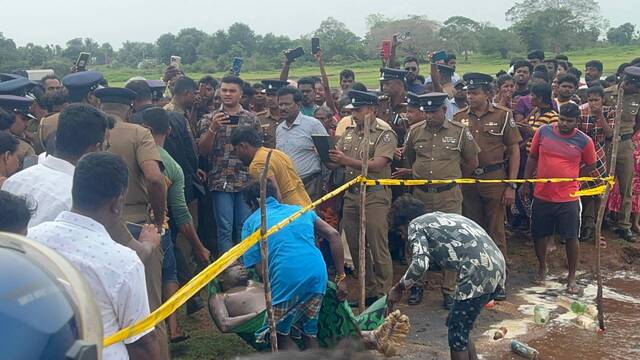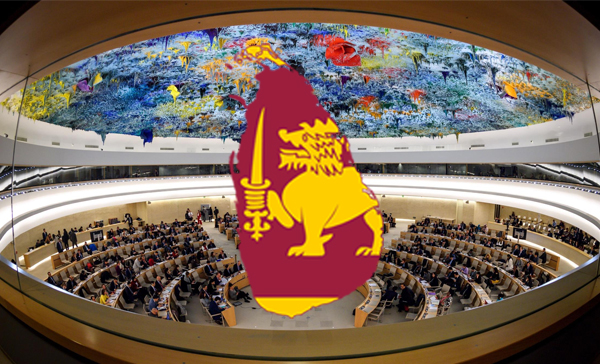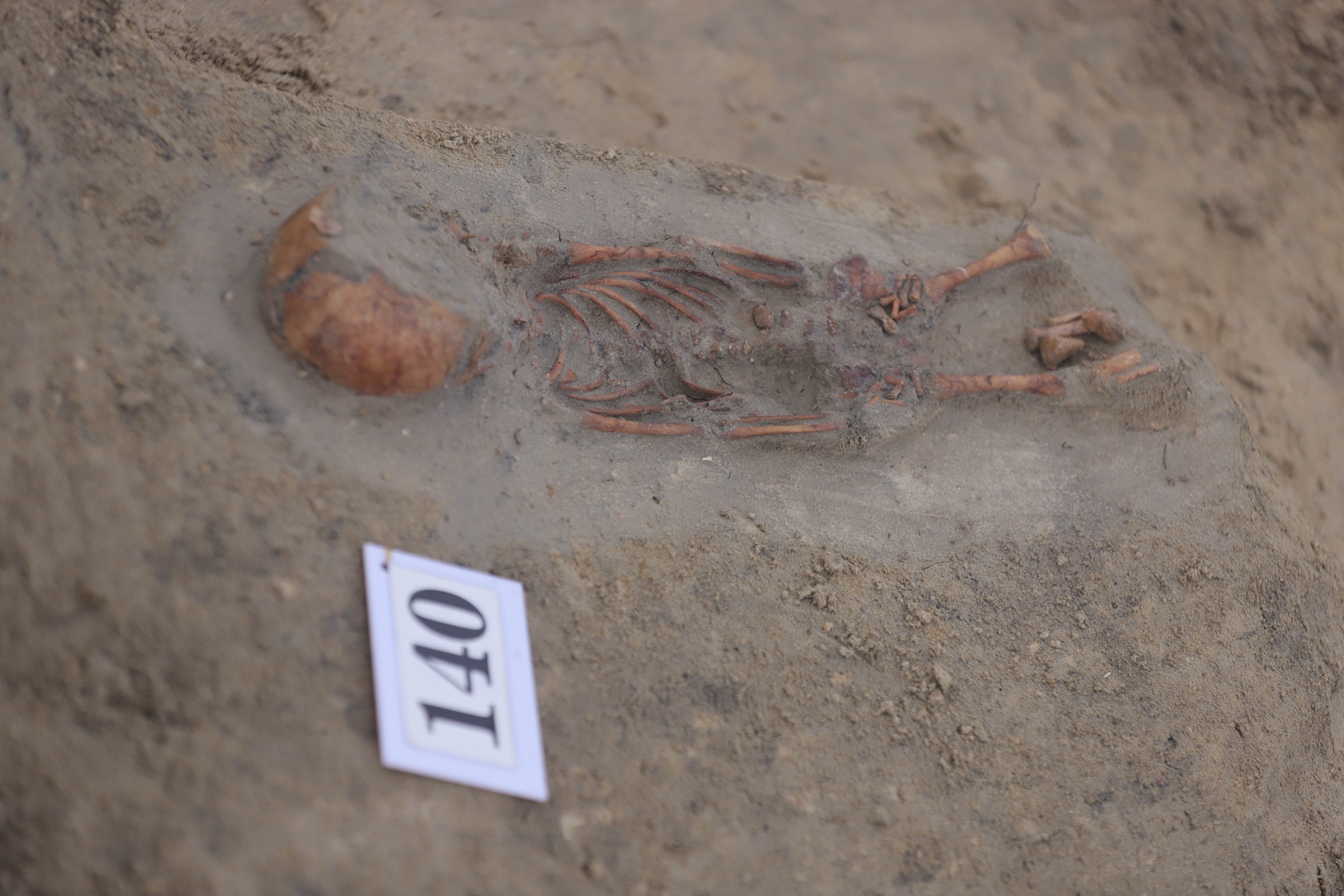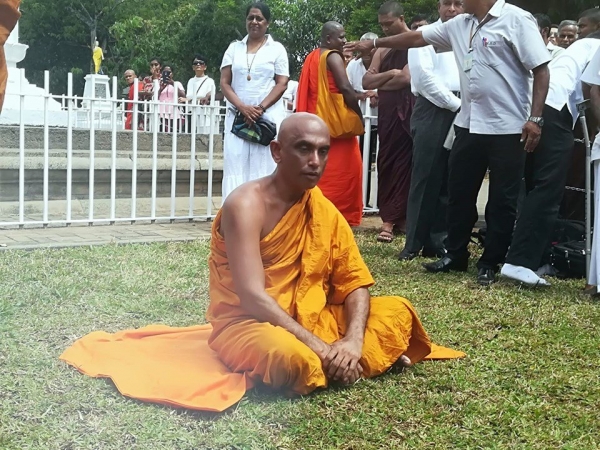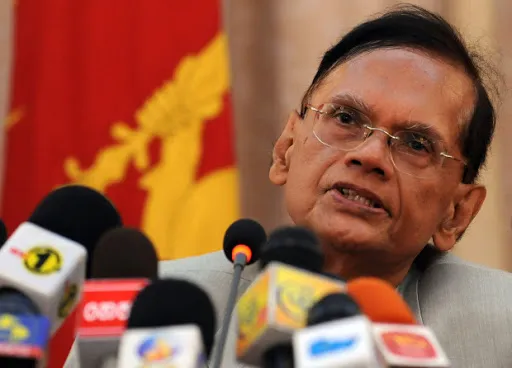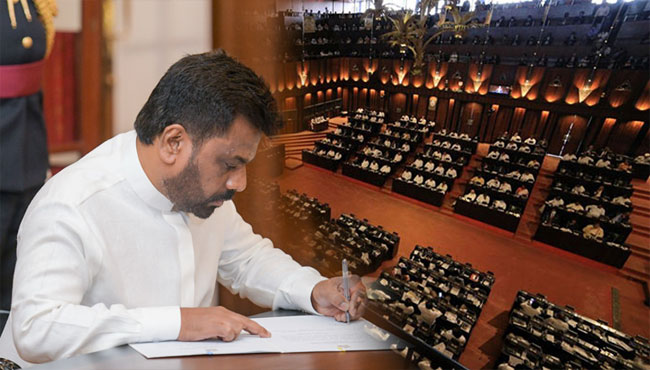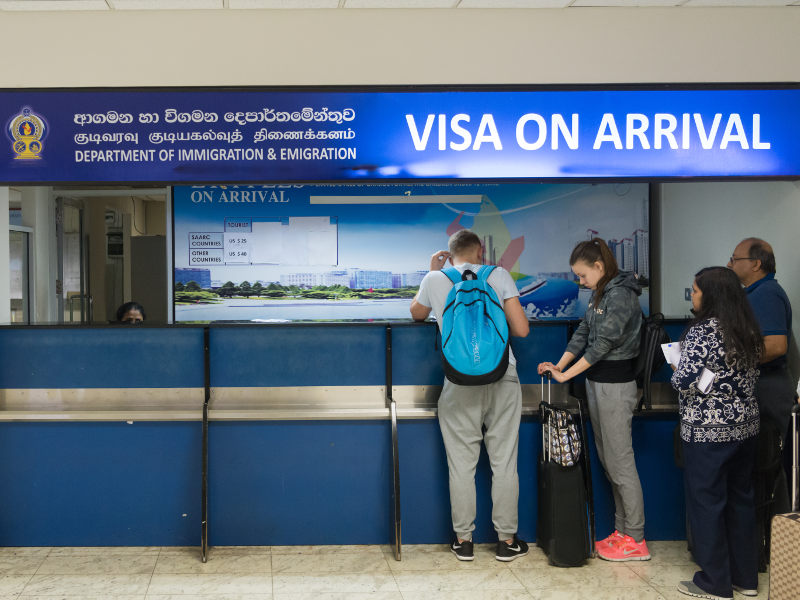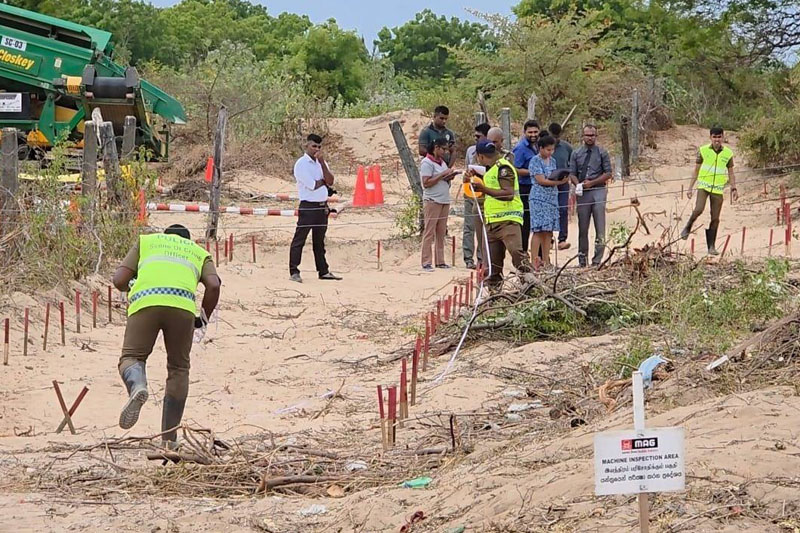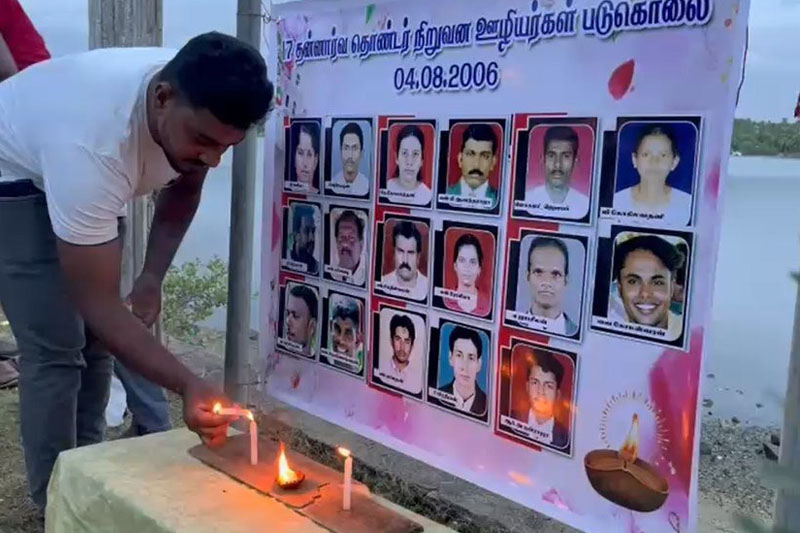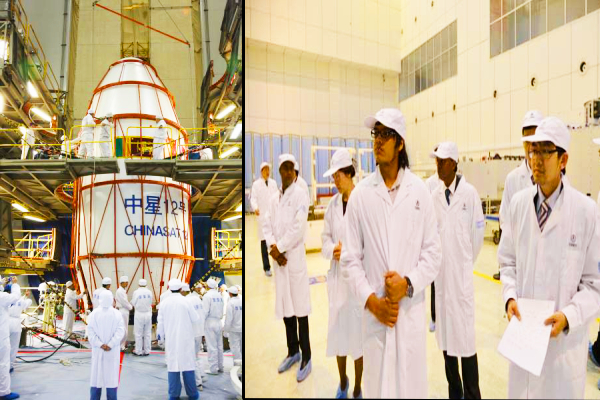Three Sri Lankan army soldiers have been arrested in connection with the murder of 32-year-old Tamil civilian Edirmanasingham Kapilraj, whose body was discovered in the Muththaiyankaddu tank in Mullaitivu on Saturday.
The arrests were made following allegations by local residents that Kapilraj was beaten to death by soldiers after he and four others were summoned to the 13th Battalion of the Sri Lanka National Guard in Muththaiyankaddu on August 7 to collect scrap metal.
Upon arrival, the group was allegedly assaulted by around 20 soldiers inside the camp.
While three of the men fled by jumping into a nearby tank and another escaped with the help of bystanders, Kapilraj went missing. His body was found the following morning.
Relatives of the deceased allege that Kapilraj was murdered by the military and that his body was dumped in the tank.
Mullaitivu District Judge Dharmalingham Pratheepan has ordered a post-mortem examination.
Local journalists allege the army had been using village youth to illicitly sell military scrap and channel the proceeds towards drug smuggling into the camp.
Villagers claim this shadow operation was run by several soldiers from the 13th Battalion, and that Kapilraj may have been killed after being drawn into this illegal network.
Police teams, including officers in charge of Mankulam, Oddusuddan, and Puthukkudiyiruppu stations, are conducting an ongoing investigation.
Tensions escalated during a visit by police to the military camp, where local residents staged a heated protest demanding swift justice.
The mobile phone numbers of several implicated soldiers, allegedly used to summon villagers to the camp, were handed over to the police by local residents.
This led to the arrest of four more soldiers, two of whom have since been remanded along with the earlier suspect.
The three soldiers have been remanded until August 19.


